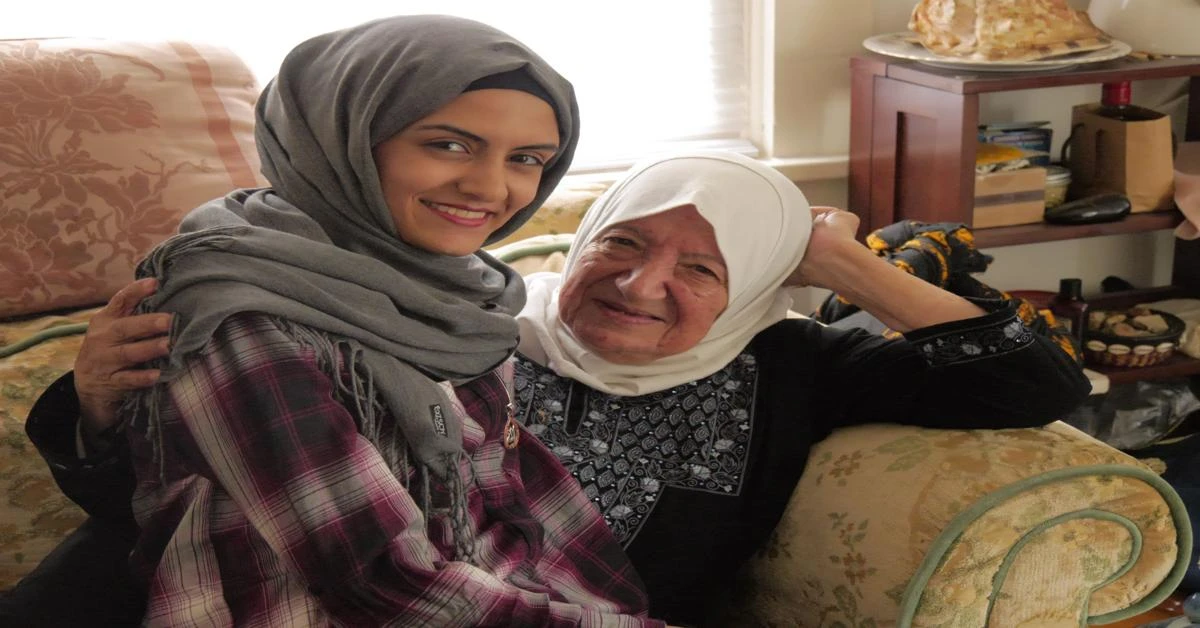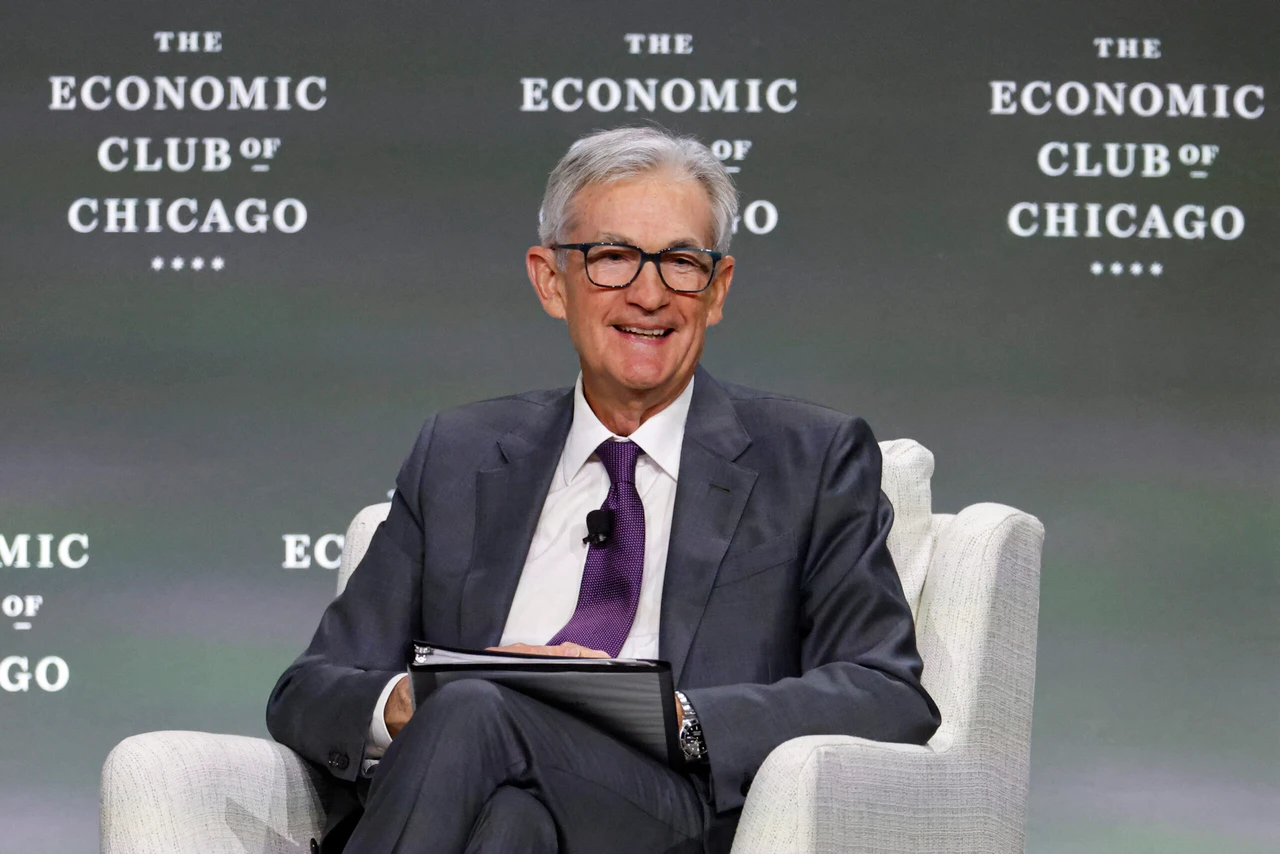UK Home Office denies visa to Palestinian scholar despite LSE scholarship

UK Home Office’s decision to deny visa to Palestinian LSE scholar leads to legal battle and public backlash
The U.K. Home Office is facing backlash after denying a visa to Amena El Ashkar, a Palestinian refugee and accomplished academic, who had been granted a full scholarship for a Ph.D. program at the London School of Economics (LSE)
El Ashkar, a stateless Palestinian born in Lebanon, previously received the Chevening Scholarship in 2019 for her master’s degree at SOAS, London.
The Home Office’s refusal, citing “public interest” concerns without further explanation, has sparked legal challenges and public outcry. El Ashkar’s legal team discovered that the former home secretary, Suella Braverman, had personally approved this decision, leading to an appeal in the wrong court.
The current home secretary, James Cleverly, was also found to have certified the decision, which a judge in the Upper Tribunal for Immigration and Asylum cases deemed “unlawful.”
El Ashkar, also a commentator on Palestinian refugee issues, expressed her disappointment and questioned the obstacles faced by Palestinian refugees in pursuing education, as reported by Middle East Eye.
Her lawyer, Alexander Hogg, criticized the Home Office’s lack of transparency and justification in denying her visa, emphasizing her potential contributions to U.K. academia.
Further complicating the matter, the Government Legal Department (GLD) apologized for its handling of the case, as reported by Legal Futures. A trainee solicitor’s advice led to several errors, including failure to properly advise the Home Office about undertakings in a consent order.
Mrs Justice Steyn described the case management as “shockingly poor,” primarily blaming the secretary of state but also noting the GLD’s role.
This controversy coincides with the recent death of Maisara al-Rayyes, a fellow Chevening scholar, in an Israeli strike on Gaza. Both instances reflect the challenges faced by Palestinian scholars and the broader geopolitical tensions impacting their lives and aspirations.
Source: Newsroom



